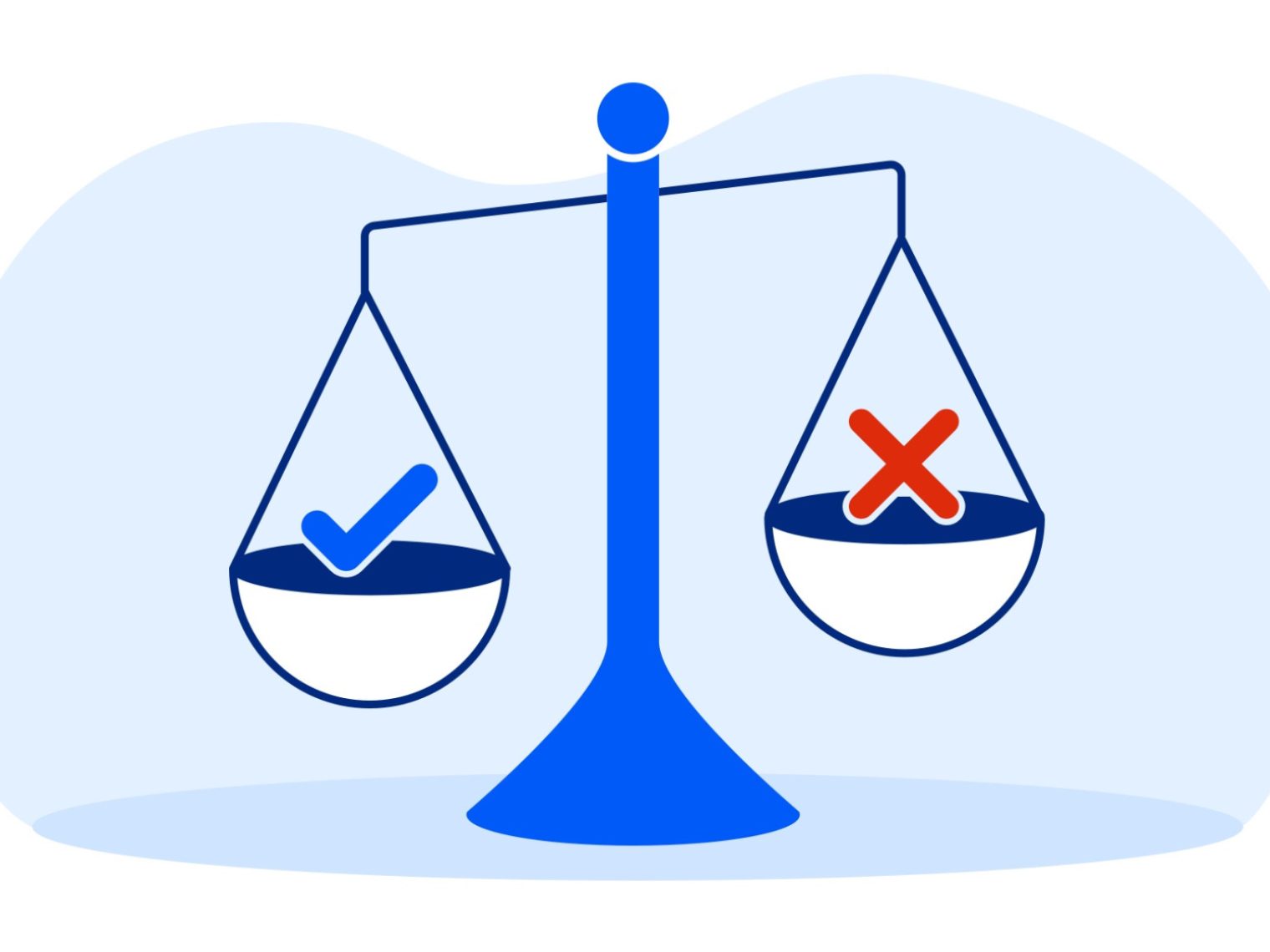The VA Loan Guaranty program recently updated its policy on same-sex marriage, a move that will likely streamline the process and broaden access to this historic home loan benefit.
In short, the VA's guidance to lenders is essentially: A married applicant is a married applicant. Moving forward, VA officials will apply the same level of scrutiny to all veterans and service members who identify as married, regardless of whether they're opposite-sex or same-sex couples.
Unless there's some explicit reason for lenders to further inquire, marking "married" on key mortgage documents should suffice for most veterans and service members.
"VA generally accepts a claimant's or applicant's statement that he or she is married as sufficient evidence to establish a veteran's marriage for the purpose of VA benefits," VA officials noted in a policy statement. "VA is dedicated to serving all eligible service members, veterans and their families and providing them the benefits they have earned."
The policy update came nearly two years after the U.S. Supreme Court struck down a key part of the Defense of Marriage Act (DOMA), overturning a law that denied same-sex couples access to federal benefits.
Same-Sex Marriages
Lenders can still ask the VA to evaluate an applicant's marriage status. But many will likely do so only if there's clear documentation that conflicts with what the borrower indicated on those key mortgage documents. For example, if a veteran marks "married" on the Uniform Residential Loan Application but tax returns or tax transcripts show their filing status as "single," lenders will typically request proof of the marriage via a marriage certificate.
Smaller, more individualized issues -- like a name discrepancy on paperwork, for example -- aren't likely to lead to a review given the nature of fair lending laws. Issues that trigger a review would need to be universal and applied in every case.
If lenders do ultimately ask the VA to make a determination about a marriage, they'll typically need to send multiple pieces of information to the VA, including the date and state of the marriage; the borrowers' current state of residence; their estimated closing date; and more.
VA now says it will recognize same-sex marriages if:
- The marriage was legal in the place where the veteran or the veteran’s spouse resided at the time of the marriage; or
- The marriage was legal in the place where the veteran or the veteran’s spouse resided at the time the loan application was submitted to the lender; or
- The marriage was legal in the place where the veteran or the veteran’s spouse resided at the time of closing
Additional guidance from VA officials may be coming to address more complicated scenarios. In the end, though, this is ultimately the VA's call to make.
Questions?
Veterans and service members who have questions about same-sex marriage and VA loans can visit the VA's new web page on veterans benefits and marriage at www.va.gov/opa/marriage/.
You can also contact the VA at 1-800-827-1000.
Related Posts
-
 VA Renovation Loans for Home ImprovementVA rehab and renovation loans are the VA's answer to an aging housing market in the United States. Here we dive into this unique loan type and the potential downsides accompanying them.
VA Renovation Loans for Home ImprovementVA rehab and renovation loans are the VA's answer to an aging housing market in the United States. Here we dive into this unique loan type and the potential downsides accompanying them. -
 Pros and Cons of VA LoansAs with any mortgage option, VA loans have pros and cons that you should be aware of before making a final decision. So let's take a closer look.
Pros and Cons of VA LoansAs with any mortgage option, VA loans have pros and cons that you should be aware of before making a final decision. So let's take a closer look.
